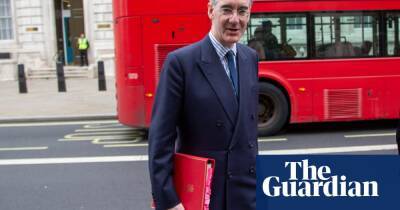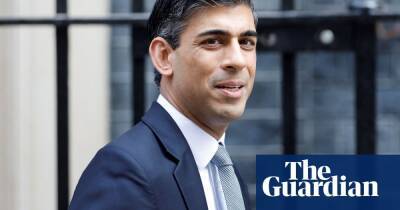‘One day I eat, one day I don’t’: Bolton grapples with cost of living crisis
An eight-month-old baby girl snoozes in her pram while her mother, in those precious moments of quiet, counts the cost of feeding her four young children. A 16p increase in the price of chicken drumsticks has put them beyond her reach.
“What my children eat – it’s too expensive. The cost of living has changed,” she said, in interview room four of Bolton’s Citizens Advice bureau. “Chicken drumsticks, they used to sell them for £1.49 – it’s now £1.65. And the bus pass as well. From my house it used to be £2. It’s now £3 … A £1 [increase] – that’s a lot.”
Down the corridor, another woman looks flustered when she learns that gas, electricity and water bills will rise sharply this month. “More?! They will go up?!” she cries.
This is the frontline of Britain’s cost of living crisis. The advisors who help low-income families say they are now out of answers. “Historically, our staff have got so many tricks and tools but now we’re running out of road. For some people there’s literally nothing we can do,” said Richard Wilkinson, the chief executive of the Bolton and Bury branch of Citizens Advice.
In the past three months, his team has directed 706 people to crisis support such as emergency food parcels and fuel vouchers – a 31% increase from the previous quarter. Nationally, Citizens Advice referred 24,752 people to food banks or to other charitable support in March, up by 44% on the same time last year.
The latest research, conducted before the April increase, found one in five people in Bolton were unable to afford their energy bills even if they cut back on other essentials. That will rise to one in three people when bills skyrocket this month.
“One in three or four people we see now are stating that they need help with food or
Read more on theguardian.com















